Packing your bags for a European adventure? There’s a bit more to it than just hopping on a plane. From cultural nuances to essential travel hacks, here are 20 things every American should know before jetting off to Europe.
1. Power Adapter Essentials

Image Credit: Shutterstock / Vladeep
Europe’s electrical sockets won’t match your American gadgets. Invest in a universal adapter or a European plug converter before you go. It’s a simple fix to ensure your phone, laptop, and camera are always ready to capture the moment.
2. No Free Refills

Image Credit: Shutterstock / AN Photographer2463
The free-refill culture of American restaurants doesn’t cross the Atlantic. In Europe, beverages—especially soda and sometimes even water—come at a premium. Enjoy every sip of that €5 Coke, because seconds will cost you.
3. Chip and PIN Cards

Image Credit: Shutterstock / hodim
Before you depart, check that your credit cards are equipped with chip and PIN technology. Unlike the swipe-and-sign method common in the US, most European transactions require a PIN. Alert your bank to your travel dates to avoid fraud alerts locking your card when you try to use it abroad.
4. Public Transportation is King

Image Credit: Shutterstock / CrispyPork
Embrace the vast networks of buses, trams, and trains. Cities like Paris, with its extensive Metro system, offer tourist passes like the Paris Visite pass, providing unlimited travel and discounts at attractions. It’s not only cost-effective but also immerses you in the daily rhythm of European life.
5. Tipping Etiquette Varies

Image Credit: Shutterstock / nutcd32
In Europe, the tipping game changes. While appreciated, it’s often not expected to the same degree as in the US. In restaurants, rounding up the bill or leaving an extra 5-10% is typically sufficient. Always check your bill first—service may already be included.
6. Pickpocket Awareness

Image Credit: Shutterstock / Andrey_Popov
Tourist-heavy destinations are playgrounds for pickpockets. Invest in a money belt or a theft-proof backpack. Be particularly cautious in crowded areas like Rome’s Trevi Fountain or Barcelona’s Las Ramblas, and never keep valuables in your back pocket.
7. Quiet Sundays

Image Credit: Shutterstock / Kollawat Somsri
Many European cities, like Vienna and Zurich, embrace a day of rest on Sundays, meaning shops and sometimes restaurants close their doors. Plan ahead for meals and activities on these days, perhaps opting for nature walks or exploring open churches.
8. Language Barriers

Image Credit: Shutterstock / BearFotos
While many Europeans speak English, don’t assume this everywhere. Learning basic phrases in the local language of the countries you’re visiting not only enriches your experience but also shows respect for the culture. Mobile apps like Duolingo can be great for this.
9. Water Isn’t Always Free

Image Credit: Shutterstock / Romvy
Asking for water at a restaurant often results in bottled water on your bill. If you want tap water (where it’s drinkable), specifically ask for it. Places like Italy pride themselves on the quality of their tap water, often available for free at public fountains.
10. Cultural Norms and Dress Codes

Image Credit: Shutterstock / AboutLife
Europeans tend to dress more formally than Americans, especially in cities like Paris and Milan. Also, be mindful of dress codes when visiting places of worship; covering shoulders and knees is often required.
11. Mobile Data
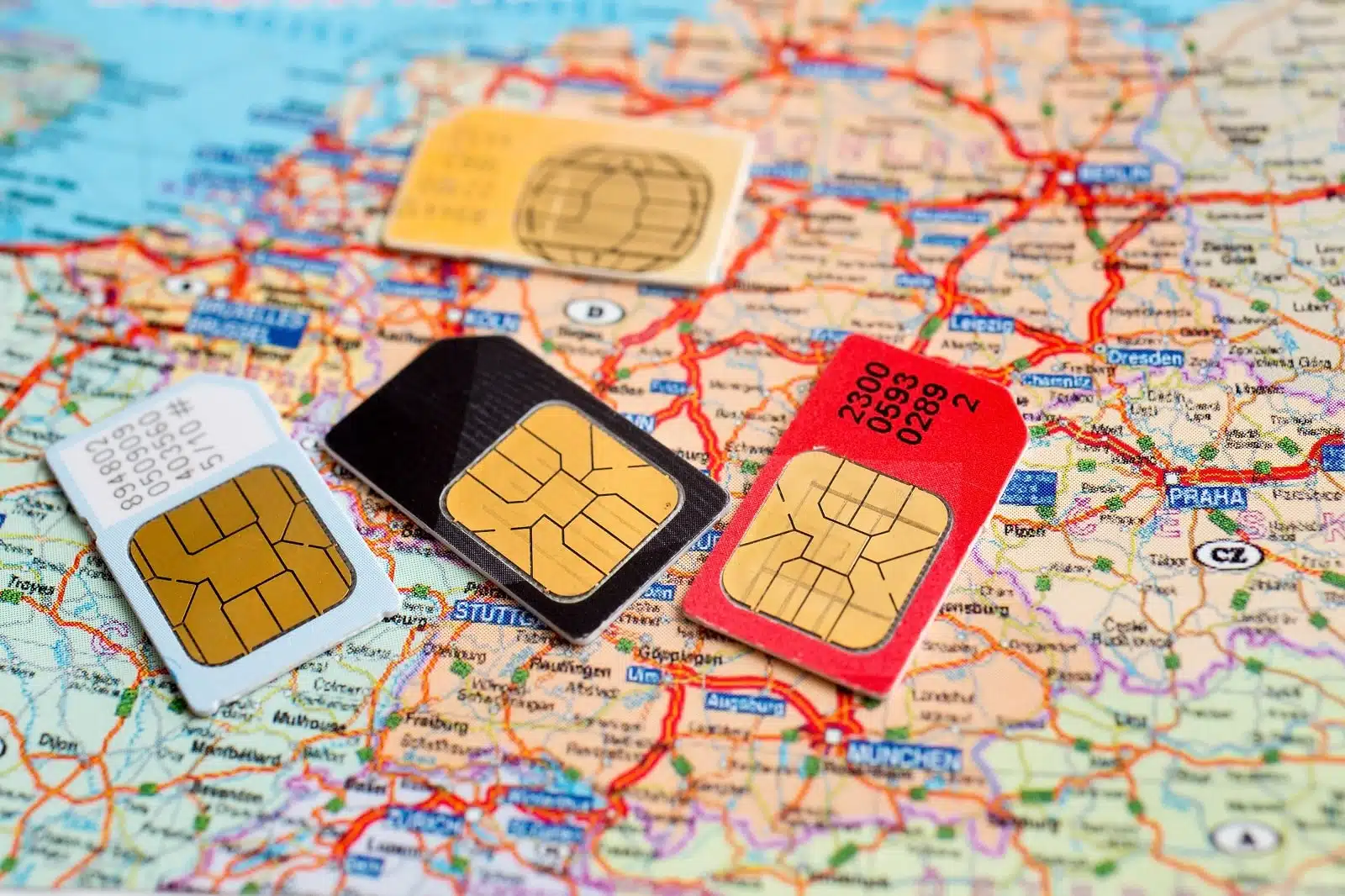
Image Credit: Shutterstock / Aleksandr Ryzhov
Relying on your US mobile plan can lead to hefty charges. Consider purchasing a local SIM card for your unlocked phone for access to affordable data. Countries like Germany and Spain offer tourist SIM cards directly at the airport.
12. Bathroom Etiquette

Image Credit: Shutterstock / PhaiApirom
Free public restrooms are rare, and many charge a small fee. Always carry some change, particularly coins, to access restrooms in places like train stations or cafes.
13. ATM Fees and Cash

Image Credit: Shutterstock / Hadrian
While cards are widely accepted, having cash on hand for small purchases or in more rural areas is wise. Withdraw cash from ATMs affiliated with banks to avoid higher fees, and be aware of your bank’s international charges.
14. Travel Insurance
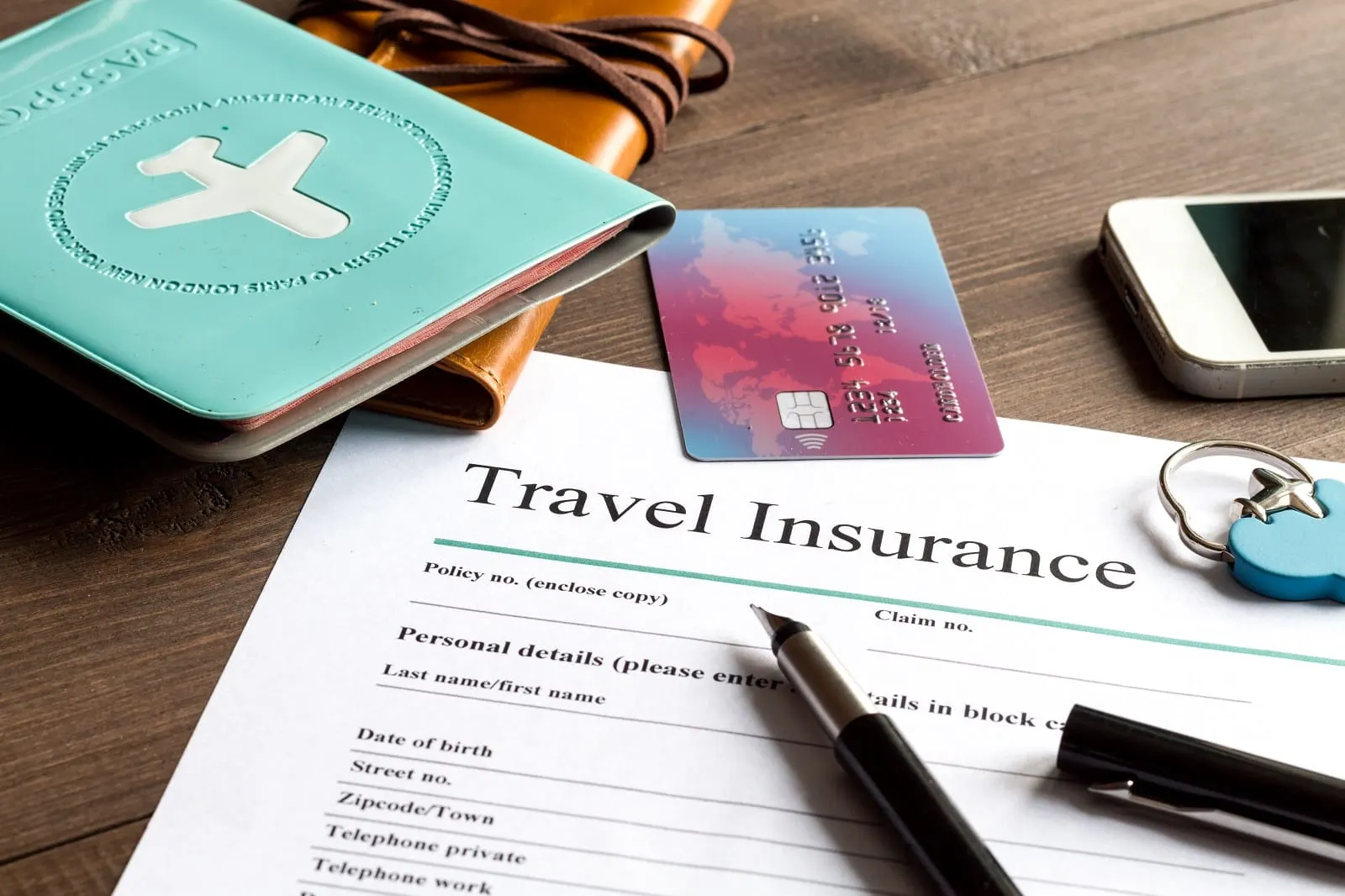
Image Credit: Shutterstock / 279photo Studio
European adventures can sometimes come with unexpected twists. Travel insurance can be a safety net for lost luggage, canceled flights, or medical emergencies. It’s a small price for peace of mind.
15. Metric System

Image Credit: Shutterstock / fasphotographic
The US might love its inches and pounds, but Europe sticks to meters and kilograms. A quick conversion app on your phone can save confusion when shopping, traveling, or cooking.
16. Cultural Respect

Image Credit: Shutterstock / fornStudio
Each country has its unique customs. For instance, in Spain, lunch is often the biggest meal of the day, eaten late in the afternoon, while dinner happens well past what Americans consider bedtime. Embracing these differences is part of the adventure.
17. Siesta Time
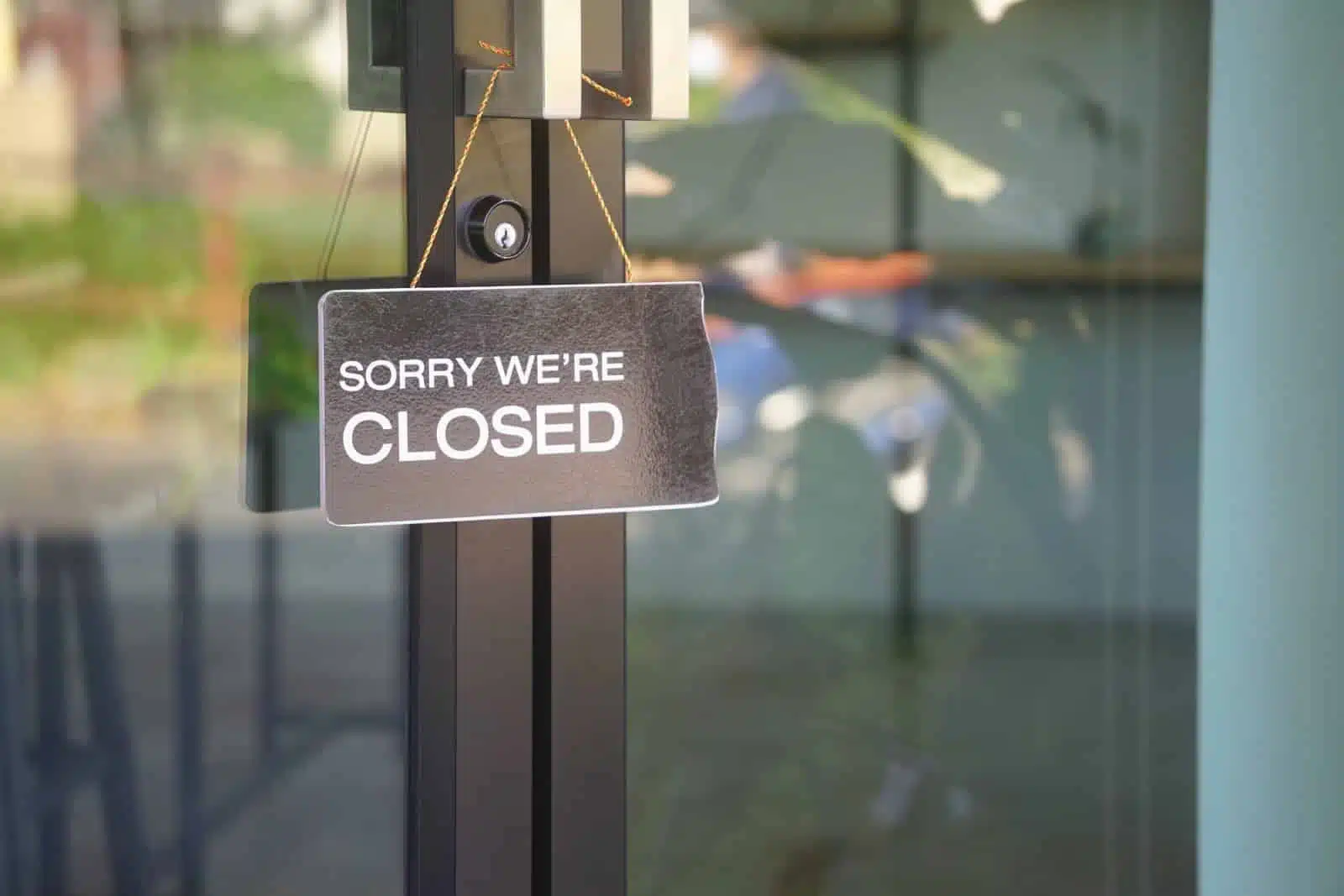
Image Credit: Shutterstock / Verin
In countries like Spain and Italy, don’t be surprised to find shops closed in the afternoon for a siesta. This break in the day is a cherished tradition, allowing for rest during the hottest part of the day. Plan your shopping or dining accordingly.
18. Visa Requirements
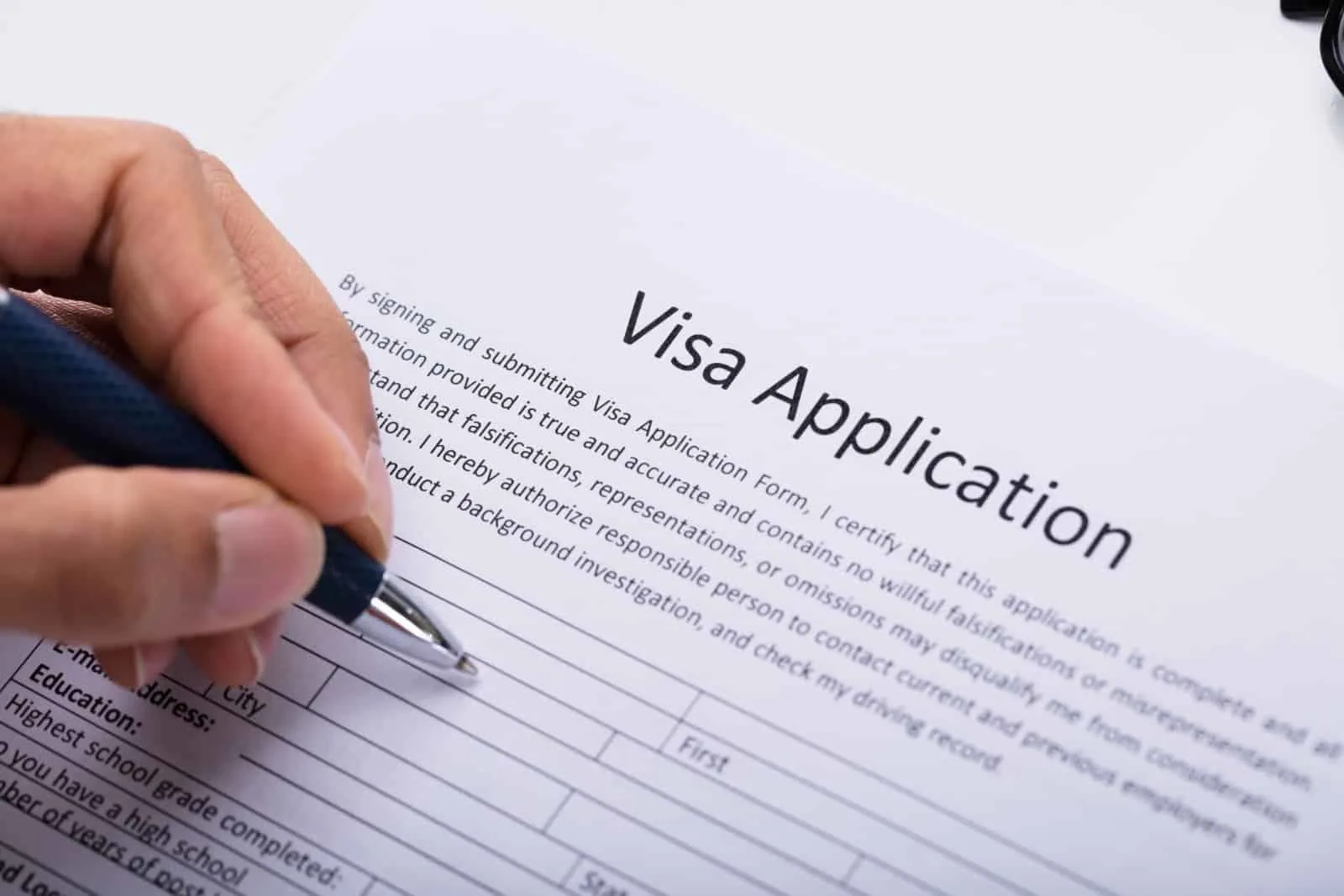
Image Credit: Shutterstock / Andrey_Popov
For US citizens, a visa isn’t required for stays under 90 days in the Schengen Area, but rules can change. Always check the latest visa requirements for each country you plan to visit well in advance of your trip.
19. Travel Off-Season
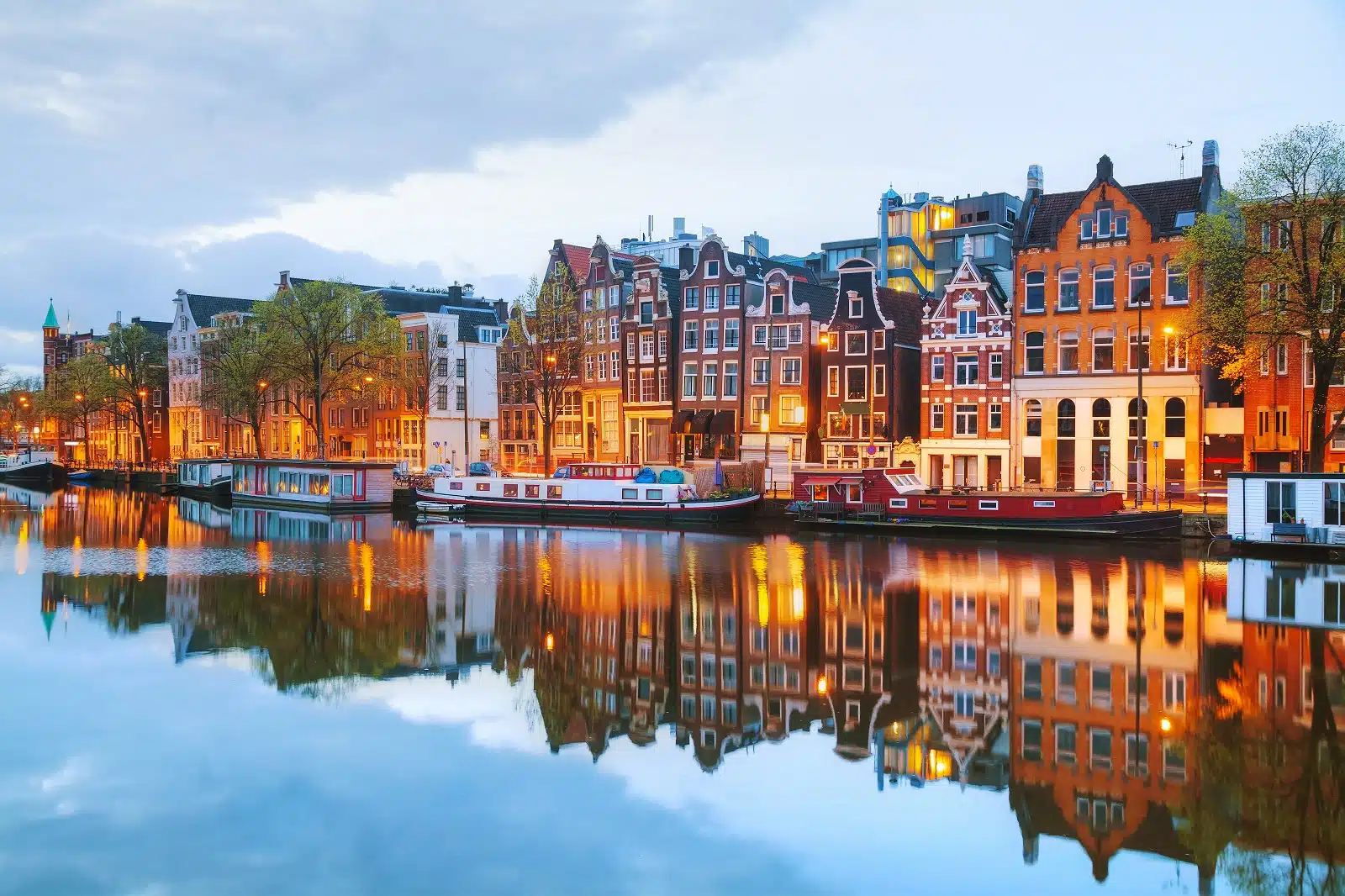
Image Credit: Shutterstock / photo.ua
To avoid crowds and enjoy lower prices, consider traveling during the shoulder seasons—spring and fall. Cities like Prague and Amsterdam are stunning in the off-season, offering a more local experience without the summer tourist rush.
20. Respect for History

Image Credit: Shutterstock / Songquan Deng
Europe is rich with history, much of which is commemorated in ways that may be unfamiliar to Americans. From Holocaust memorials to ancient ruins, approach these sites with the reverence and respect they deserve. It’s not just about seeing; it’s about understanding.
Embrace the Journey

Image Credit: Shutterstock / DavideAngelini
Traveling to Europe offers an incredible tapestry of cultures, cuisines, and landscapes. Here’s to your European adventure—may it be as enlightening as it is exhilarating.
More From The Green Voyage
Top 10 Trending Travel Destinations 2024
6 Essential Banking Apps for International Travel – Managing Your Finances on the Go
Traveling With Kids – 10 Tips to Create Memorable Family Holidays
The post 20 Must-Know Things About Traveling to Europe (from US) first appeared on The Green Voyage.
Featured Image Credit: Shutterstock / Zigres.
For transparency, this content was partly developed with AI assistance and carefully curated by an experienced editor to be informative and ensure accuracy.
Tips for Trip Success
Book Your Flight
Find an inexpensive flight by using Kayak, a favorite of ours because it regularly returns less expensive flight options from a variety of airlines.
Book Your Hotel or Special Accommodation
We are big fans of Booking.com. We like their review system and photos. If we want to see more reviews and additional booking options, we go to Expedia.
You Need Travel Insurance!
Good travel insurance means having total peace of mind. Travel insurance protects you when your medical insurance often will not and better than what you get from your credit card. It will provide comprehensive coverage should you need medical treatment or return to the United States, compensation for trip interruption, baggage loss, and other situations.Find the Perfect Insurance Plan for Your Trip
